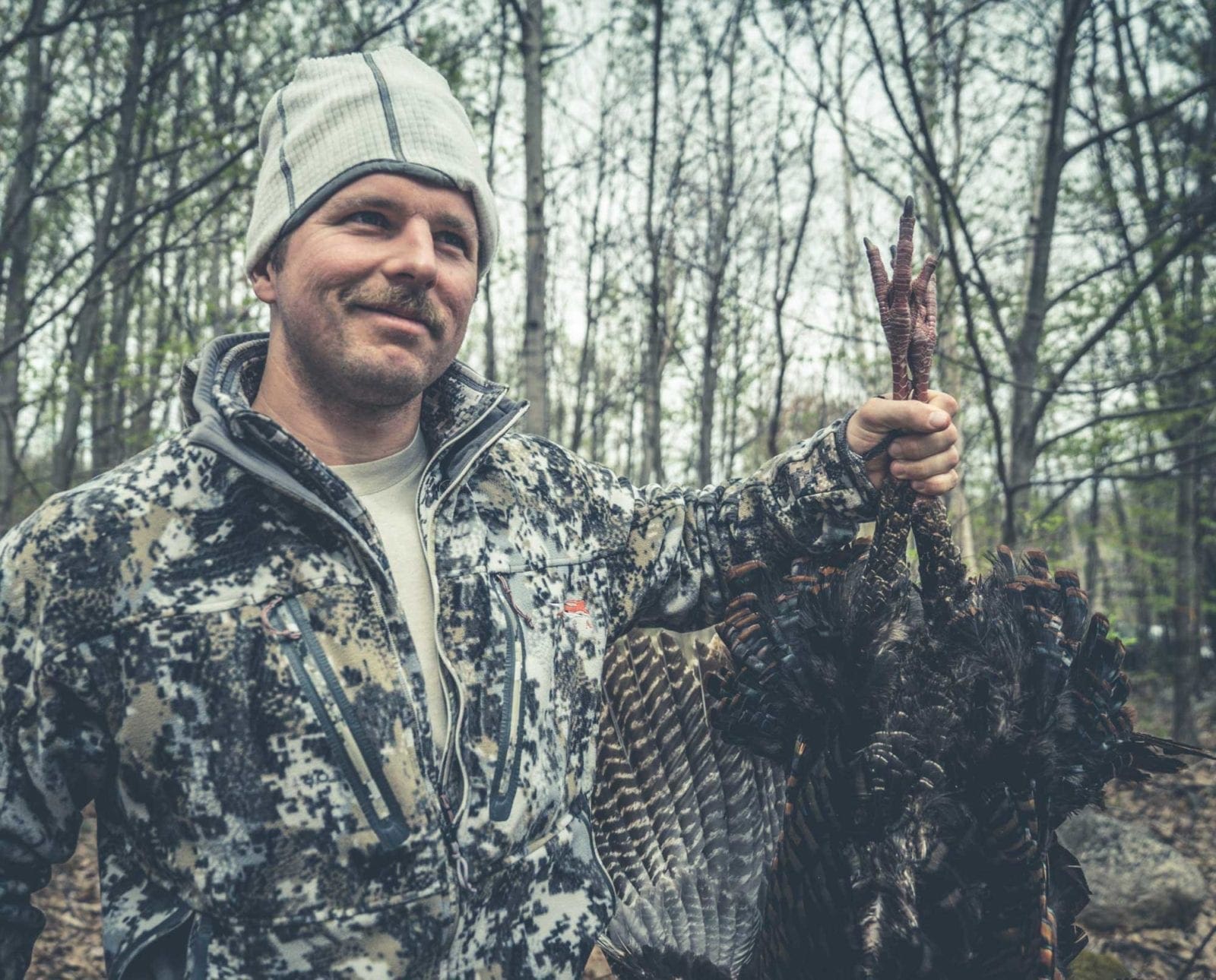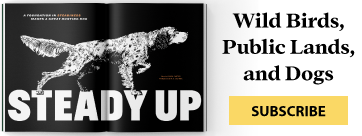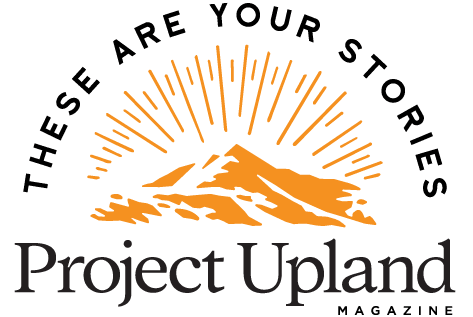Home » Turkey Hunting » A Deeper Look at Mentoring in Turkey Hunting
A Deeper Look at Mentoring in Turkey Hunting

Jesse St. Andre is a native New Englander and is…
It’s more than just taking someone on a turkey hunt
If there is one form of hunting where a mentor can make the difference between someone becoming a hunter or not, turkey hunting is it. While a turkey’s brain is only the size of a walnut, they have a way of avoiding even the most seasoned veterans. To an aspiring hunter, turkeys might just be the one animal that deters them from ever hunting again.
That being said, there is no single point in the history of hunting when mentoring an aspiring hunter was more critical than it is today with the current R3 movement. In the 2018 National Upland Hunting Survey, aspiring hunters ranked having a mentor as the number onecomponent they sought before going afield.
Adversely, there is no single point in history when mentoring was more difficult. It would be fantastic if it was cut and dried like it was for the baby boomers, but in modern times there is far more to mentoring than just taking someone out hunting.
Listen: New Hunter Education and Mentorship with Mark Norquist of Modern Carnivore
Why do we mentor?
The fact is that for most would-be mentors, there is a nostalgic feeling derived from introducing youth to hunting. Hunters/mentors are still actively trying to recreate their own introduction or their own first harvest, motivations that are failing to recruit new hunters in sufficient numbers to stop the bleeding in modern times.
In fact, the motivations to become a hunter in today’s society are drastically different than they were when most mentors were introduced. And today’s society doesn’t willingly accept hunting like it did in the past.
No child today is growing up in a world that is even remotely similar to even 20 years ago, never mind similar to the upbringing of mentors who grew up in the 60s and 70s. Nevertheless, we must continue to mentor as a means to end the decline in hunter numbers and secure the future of our hunting heritage.
If things are so different, how do we make mentoring effective in the 21st Century?
One of the largest roadblocks to mentorships having a positive effect on hunting numbers is the need to look beyond America’s youth. If you ask around you will find it’s pretty much a given that the mentor-mentee relationship is assumed to be between a youth and an adult. This thought process needs to be broken. We must realize there are no age requirements for the mentor or the mentee.
Believe it or not, kids are not the holy grail of hunter recruitment. Recent research shows very little return on our investment when it comes to introducing kids to hunting. If those kids go home to family and friends who don’t hunt they will likely give it up. We aren’t saying to stop mentoring kids, but we are saying that we need to look into mentoring other age groups and demographics in order to have a significant, positive impact.
Mentoring adults — ideally those in their 20s or early 30s — creates a chain of hunter recruitment. Many of those young adults will soon have children, and if they are hunters, they in turn will likely raise their children to be hunters just as many of us were raised.
It is critical that a mentor ask questions to gain as much information as possible from and about their mentee before ever heading out in the field. Perhaps even just as critical, a mentor needs to ask her or himself all of the same questions in order for the relationship to work.
Read: Mentoring Hunters in the 21st Century of Technology and Ideas
So what type of questions do we ask?
First and foremost we need to ask about goals. To some aspiring hunters, their goal may not even be to harvest an animal at first, but rather just learn the skills and techniques needed to be successful. As mentors, we often get caught up in our own desire to see the mentee be successful. If their goals are centered around a successful harvest, we must realize that most aspiring hunters have no interest in waiting for a mature tom, let alone one that’s 3 to 5 years old or more.
The mentor also needs to ask him or herself what their goal is in mentoring an aspiring hunter. If your goal is to simply take someone out and call in a turkey so they can shoot it, then go be a hunting guide — not a mentor. Additionally, trophy hunting or displays of super-hunter syndrome rarely align with the goals of an aspiring hunter. It’s okay to shoot jakes.
Secondly, we need to make sure that expectations from both parties are realistic. If a mentee expects to go afield, make a few yelps and have four longbeards walk right in and attack their decoy while they decide which one to take, they may be very disappointed. If that happens, great — but if it doesn’t happen, the game is over. If their expectations aren’t met or exceeded they likely won’t return. Avoid this by not psyching up your mentee by telling them about your best day in the woods. Keep it real.
As mentors, we need to give ourselves a reality check each day afield, as well. If you expect a first time hunter to take a poke at a tom that’s hung up at 40 yards, you may find yourself being disappointed or even over-pressuring the new hunter out of their comfort zone. If you expect a new hunter to pass on an immature turkey because you “don’t shoot jakes,” well, you may have just cost the hunting community a lifetime hunter. Understand that our values and beliefs are very likely not the same as the people we are mentoring.
What determines if the mentorship was successful?
To most, a successful mentorship ends with a successful harvest.But if you gained anything from this article, it should be that there is no model off which to gauge. A successful harvest or a trophy/mature tom is far from being the determining factor of whether a mentorship was successful. The success depends mostly upon the relationship and trust built between the mentor and the mentee and realization of meeting or exceeding the goals and expectations from bothparties involved.
There is no substitute for a quality mentor. Many have said it before: if we all took it upon ourselves to mentor just one new hunter from start to finish, we could solve this issue inside this decade. We ask our community to continue putting the future of hunting as a top priority to make sure that we in fact save the pursuit we all love so much.
Jesse St. Andre is a native New Englander and is a lifelong hunter and avid trapper. He holds a degree in Forestry and works for the Massachusetts Division of Fisheries and Wildlife as a Hunter Education Specialist introducing others to the Outdoor sports.




